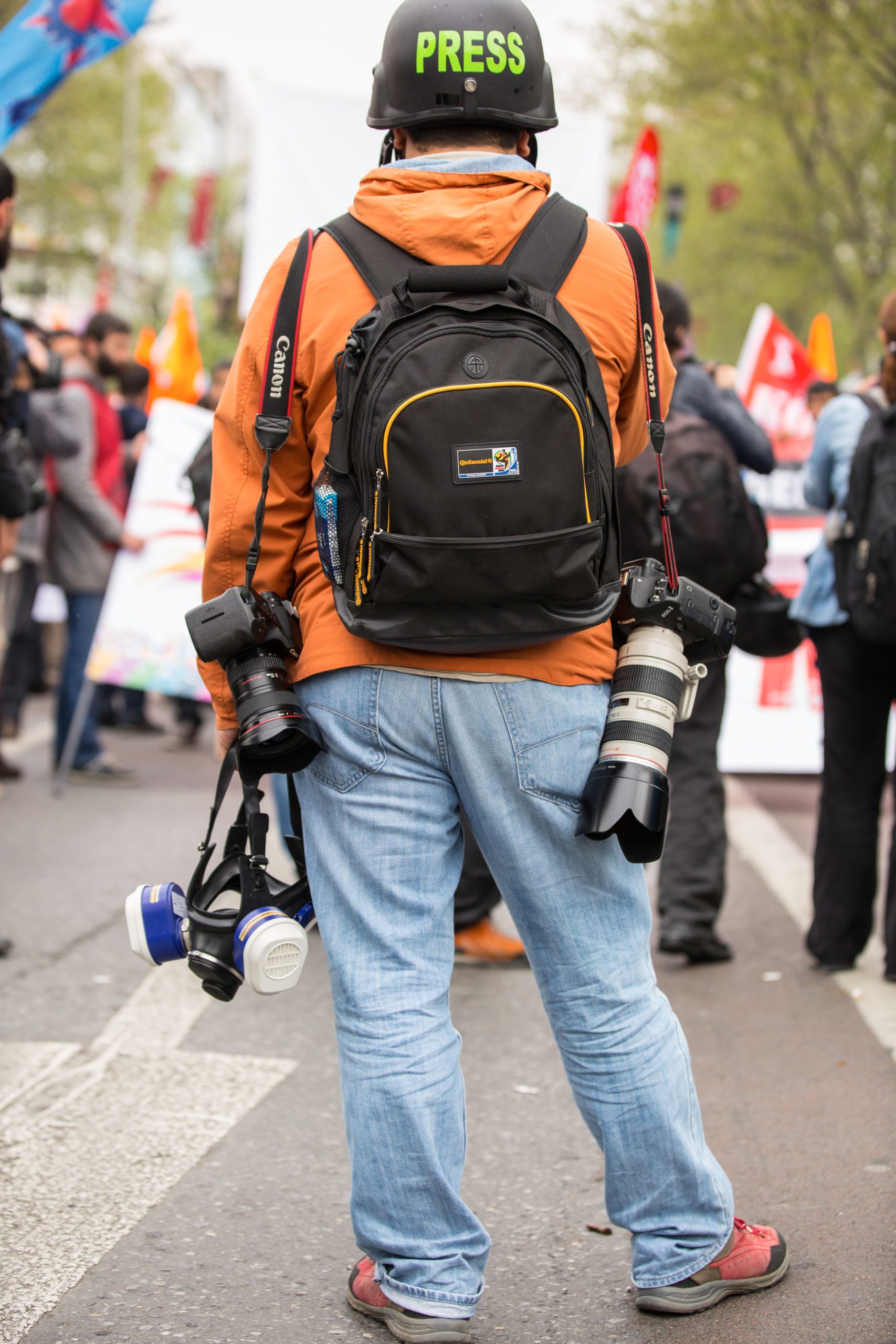The role of the press in a free society is a topic that has been debated for centuries. At its core, journalism serves as a vital check on those in power and a means of informing citizens about the world around them. However, as technology has advanced and the media landscape has evolved, the question of what exactly the role of the press should be in a free society has become increasingly complex.
One of the key arguments in favor of a free press is that it serves as a watchdog over those in power. Journalists are often the ones who uncover corruption, abuse of power, and other wrongdoing that might otherwise go unnoticed or unreported. This is particularly important in a democracy, where the people rely on accurate information to make informed decisions about their leaders and their government.
Another argument in favor of a free press is that it provides a platform for diverse voices and perspectives to be heard. By giving a voice to those who might otherwise be marginalized or ignored, the media can help to ensure that all members of society have a say in how their country is run.
However, the role of the press in a free society is not without controversy. Critics argue that the media can be biased or partisan, and that this can undermine their ability to serve as an objective watchdog. Additionally, the rise of social media and alternative news sources has led to concerns about the quality and accuracy of reporting, as well as the potential for misinformation and propaganda to spread unchecked.
Another area of concern is the role of the press in shaping public opinion. While the media is supposed to be an impartial observer, some argue that it can actually influence the public’s perceptions of events and issues. This has led to debates over whether or not the media should be held accountable for the impact of their reporting on public opinion.
Despite these concerns, most agree that a free press is essential to a functioning democracy. Without a watchdog to hold those in power accountable and inform citizens about the world around them, it becomes much more difficult for the people to make informed decisions about their government and their society. While the media may not be perfect, its role in promoting transparency, accountability, and free speech is vital to the health of any democratic society.
As the media landscape continues to evolve, it will be important for journalists, policymakers, and citizens alike to continue to engage in a dialogue about the role of the press in a free society. By doing so, we can ensure that the media remains a force for good and a vital component of a healthy democracy for generations to come.




